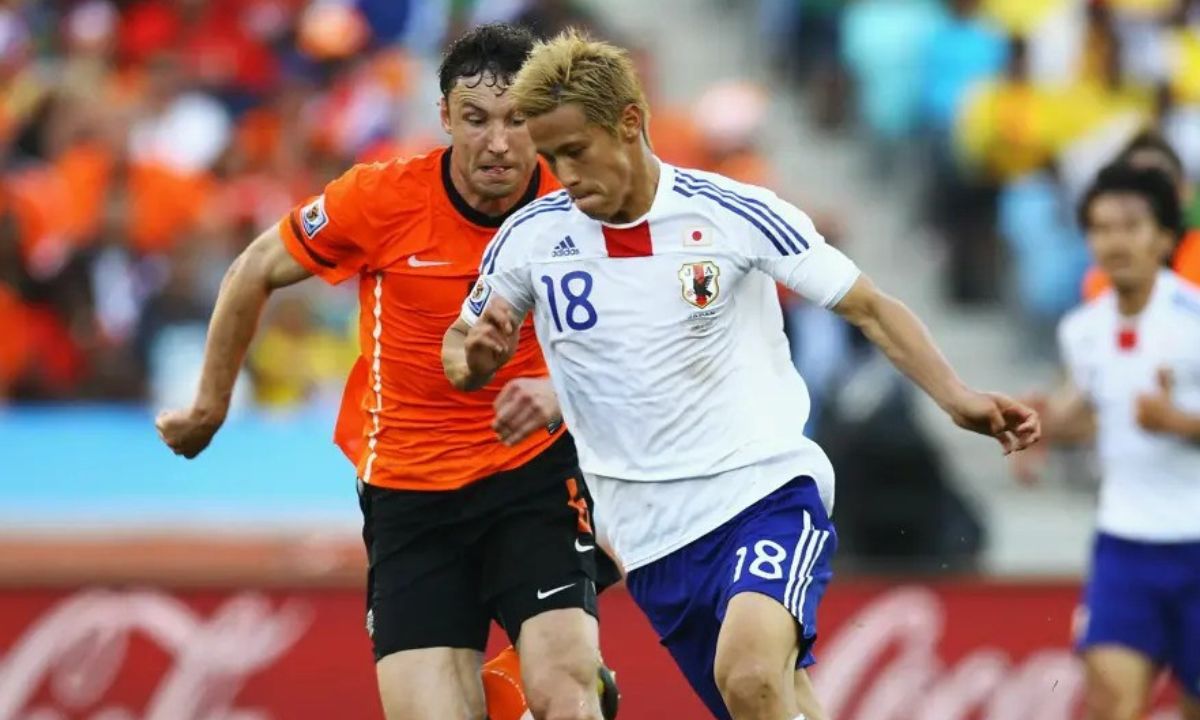Japan has successfully qualified for the World Cup for the eighth consecutive time. The country first entered the World Cup in 1998 and has since participated in every tournament. Japan has already secured its spot for the 2026 World Cup, following host countries the USA, Mexico, and Canada.
Currently, Japan is competing in the third phase of the Asian qualifiers. They are in Group C, leading with 19 points. Australia follows in second place with 10 points, while Saudi Arabia and Indonesia hold the third and fourth positions with 9 and 6 points, respectively.
The competition in the group is intense, with the top two teams from each group directly qualifying for the World Cup. Japan has already established a strong lead, and with only three matches remaining, they are likely to qualify.
Iran is another strong contender, leading their group with 19 points. Uzbekistan and the United Arab Emirates are in second and third places with 16 and 10 points, respectively.
South Korea, Australia, Iran, and Saudi Arabia have all previously participated in multiple World Cups, while North Korea has joined twice. Other countries like Indonesia, Qatar, and Iraq have qualified once. South Korea’s best achievement came in 2002 when they reached the semifinals.
Japan’s football success is undisputed in Asia. Since 1998, they have consistently made their mark, with standout performances in the 2022 World Cup, where they defeated Spain and Germany. The women’s team has also excelled, winning the World Cup in 2011.
Japan’s football journey began professionally in 1993 with the establishment of the J-League, but amateur football activities continued in schools and universities. Many players have come through these educational institutions, contributing to Japan’s strong football culture.
Japan’s success in football is also reflected in their four Asian Championship titles in 1992, 2000, 2004, and 2011. The country has produced many star players, including Hidetoshi Nakata, Shinji Kagawa, and Keisuke Honda, who have all contributed significantly to Japan’s football legacy.
The Japan Football Association’s policies, combined with government support and the country’s unique educational approach to balancing sports and academics, have played a crucial role in Japan’s continued success in football over the past three decades.




